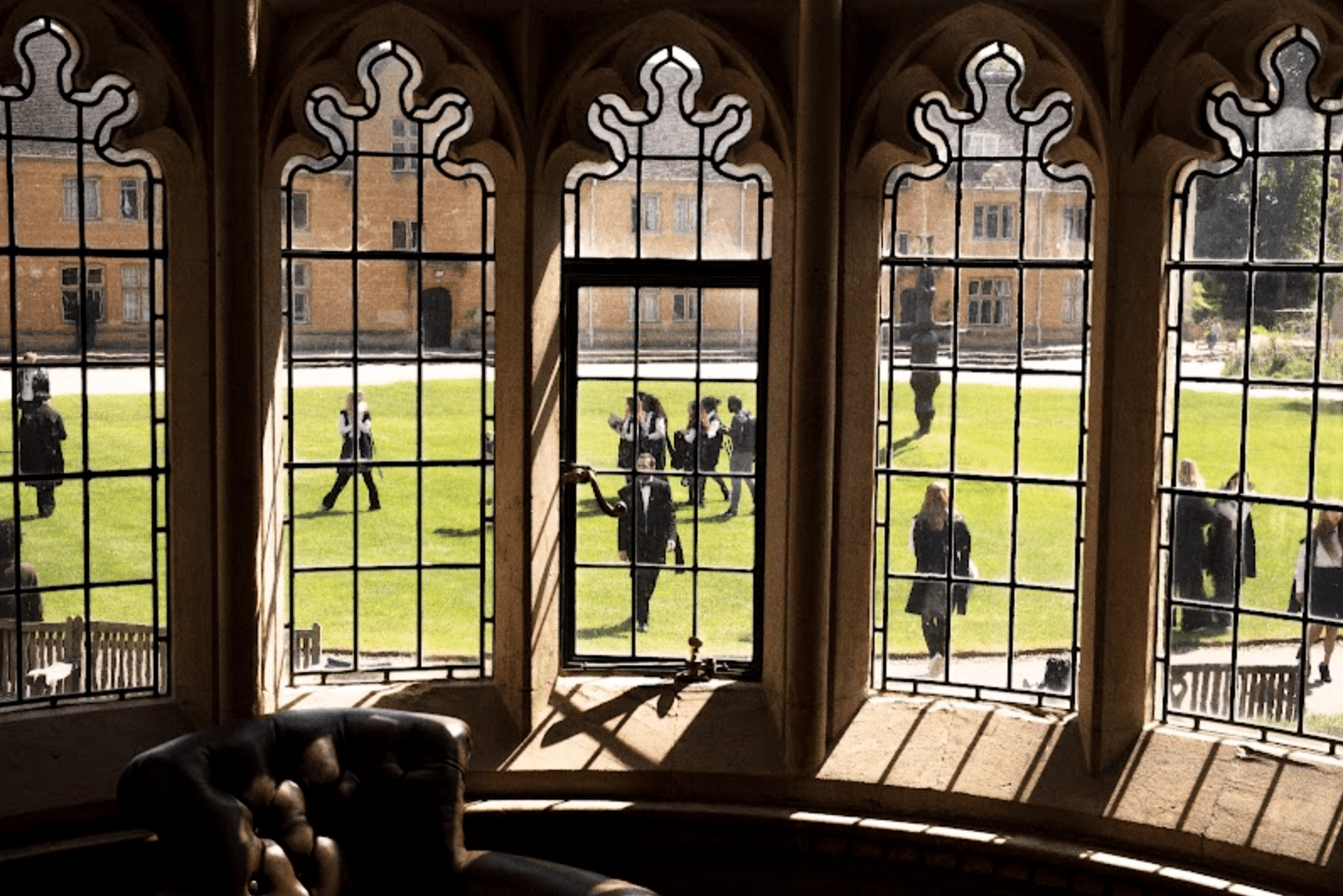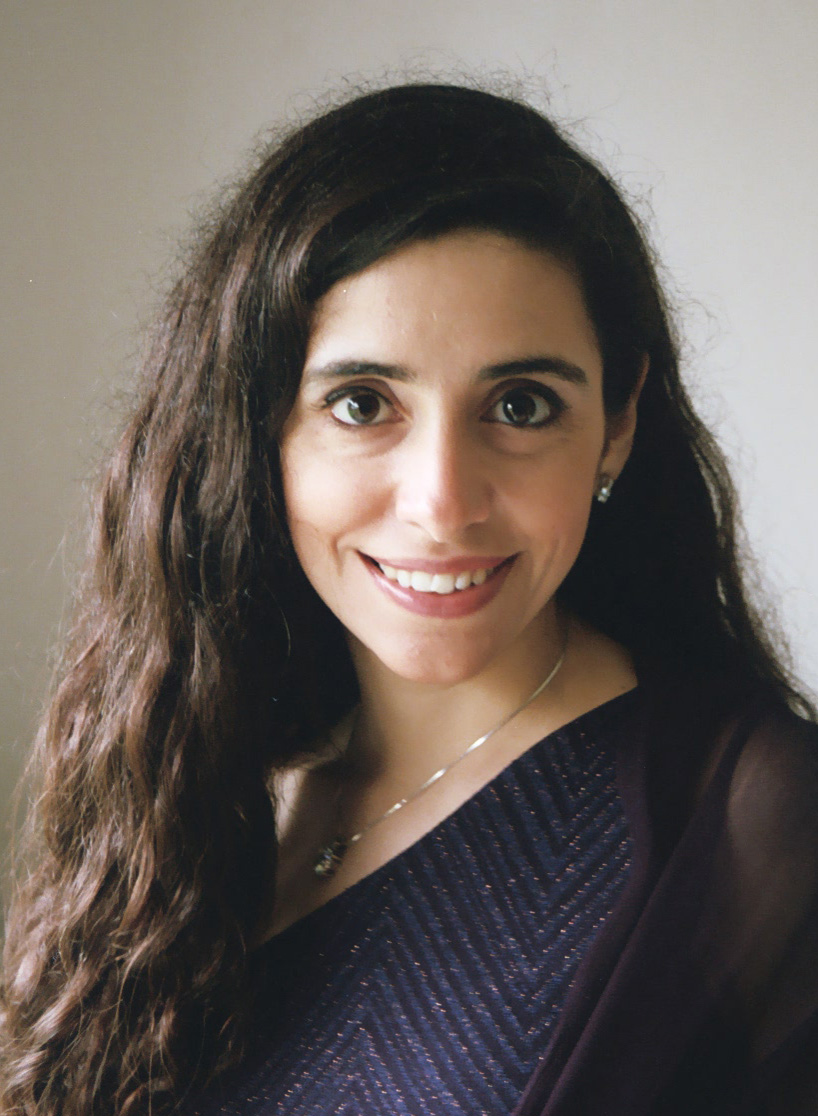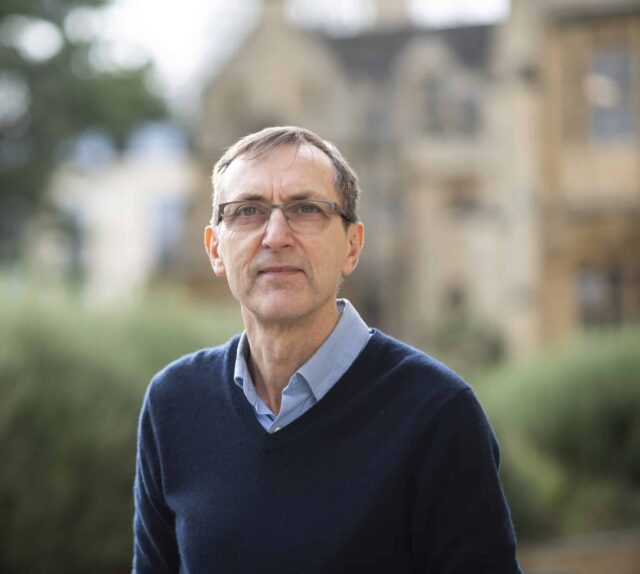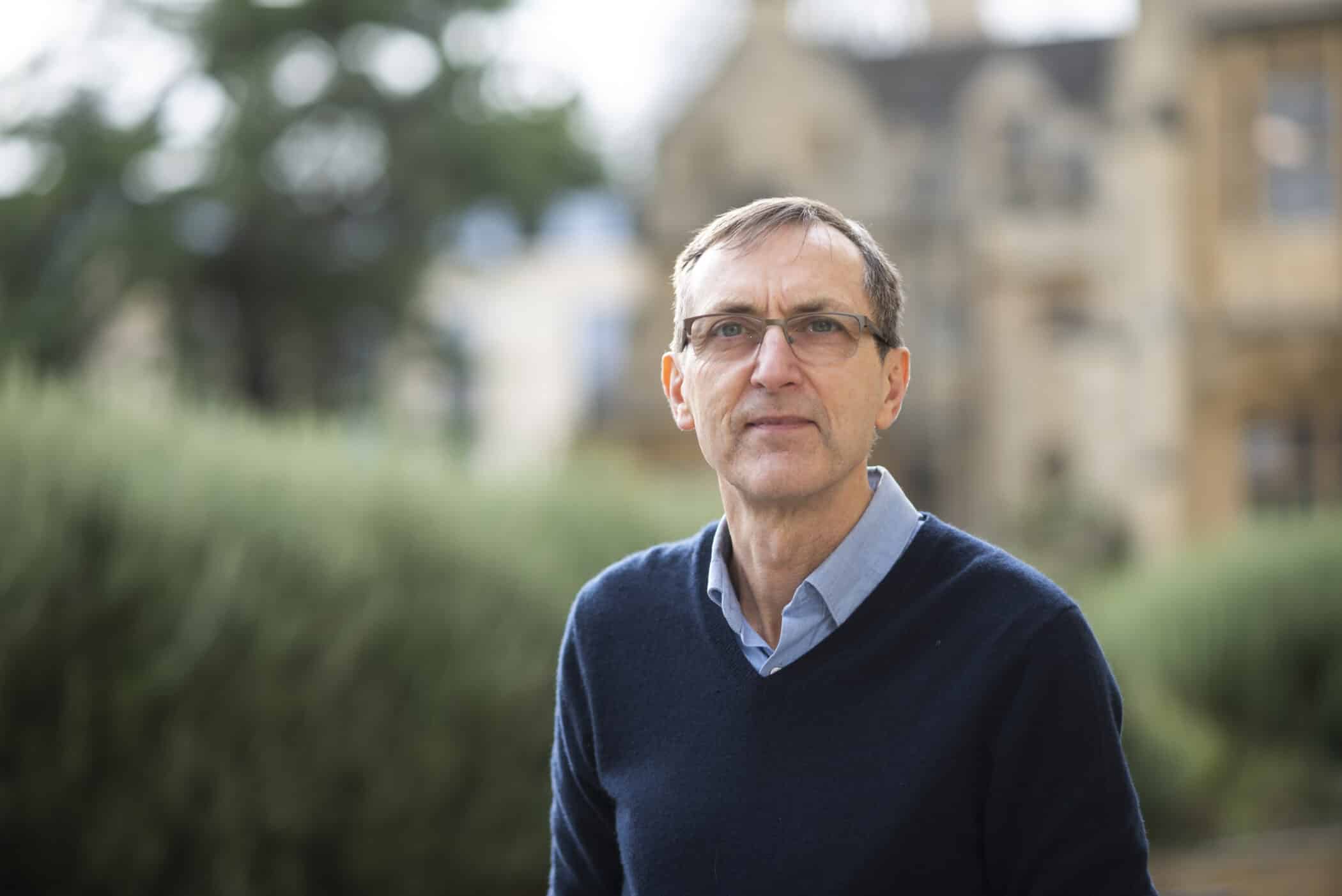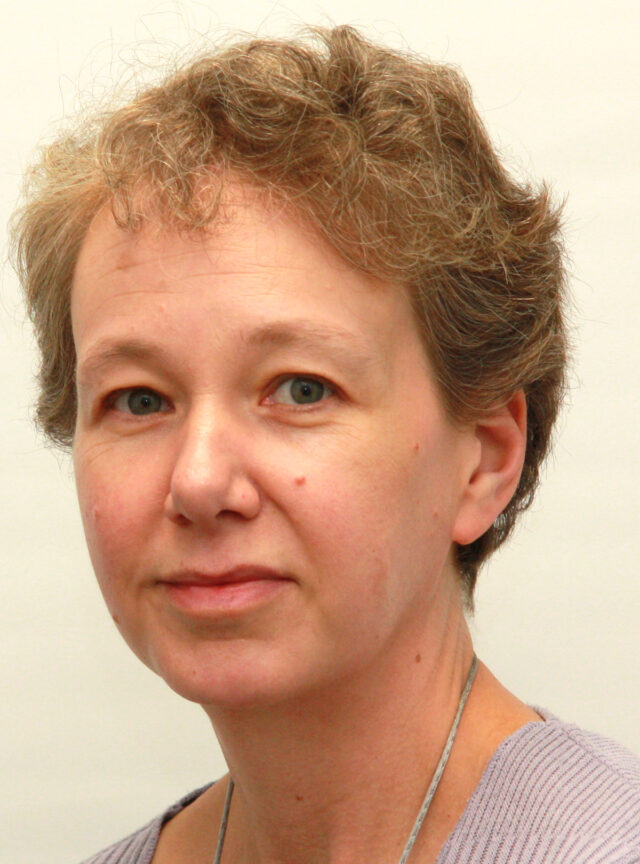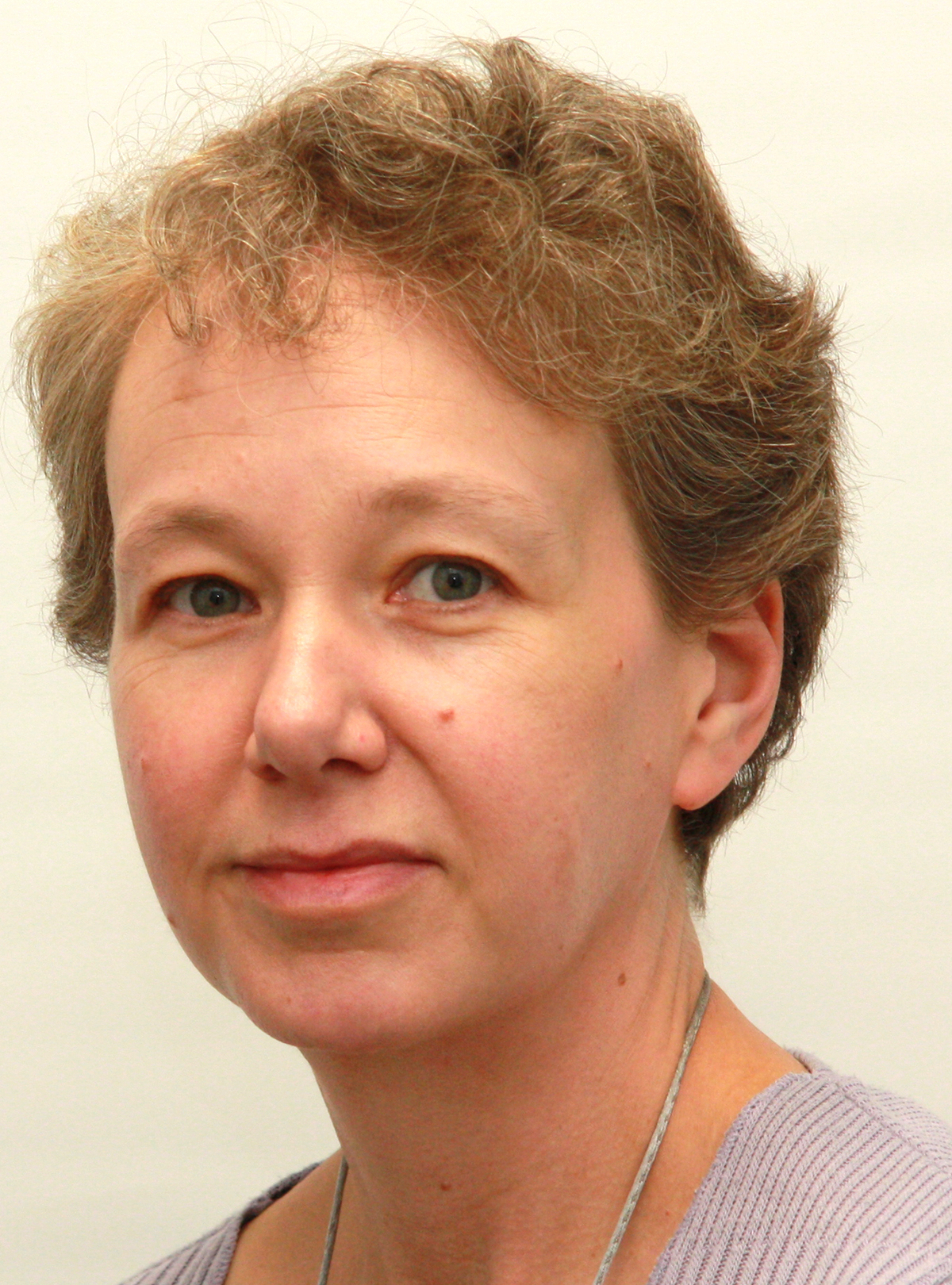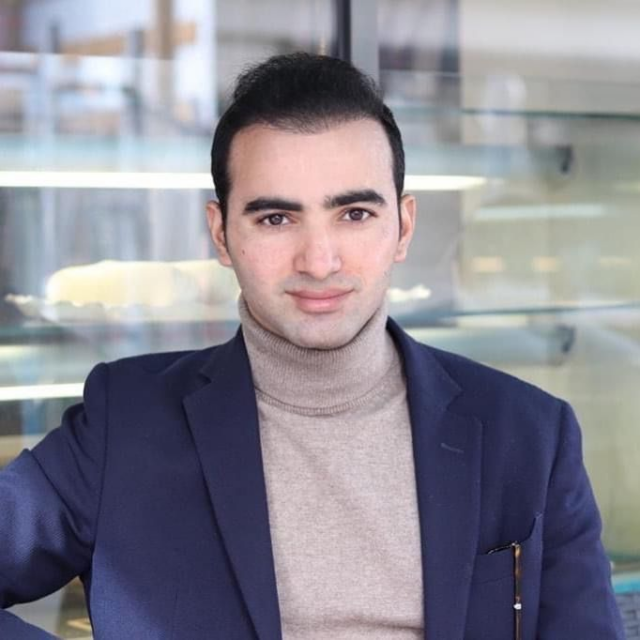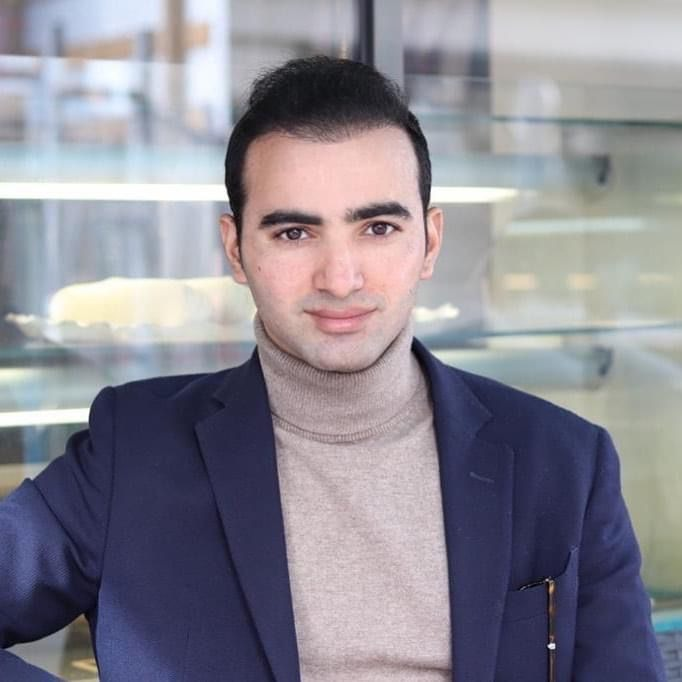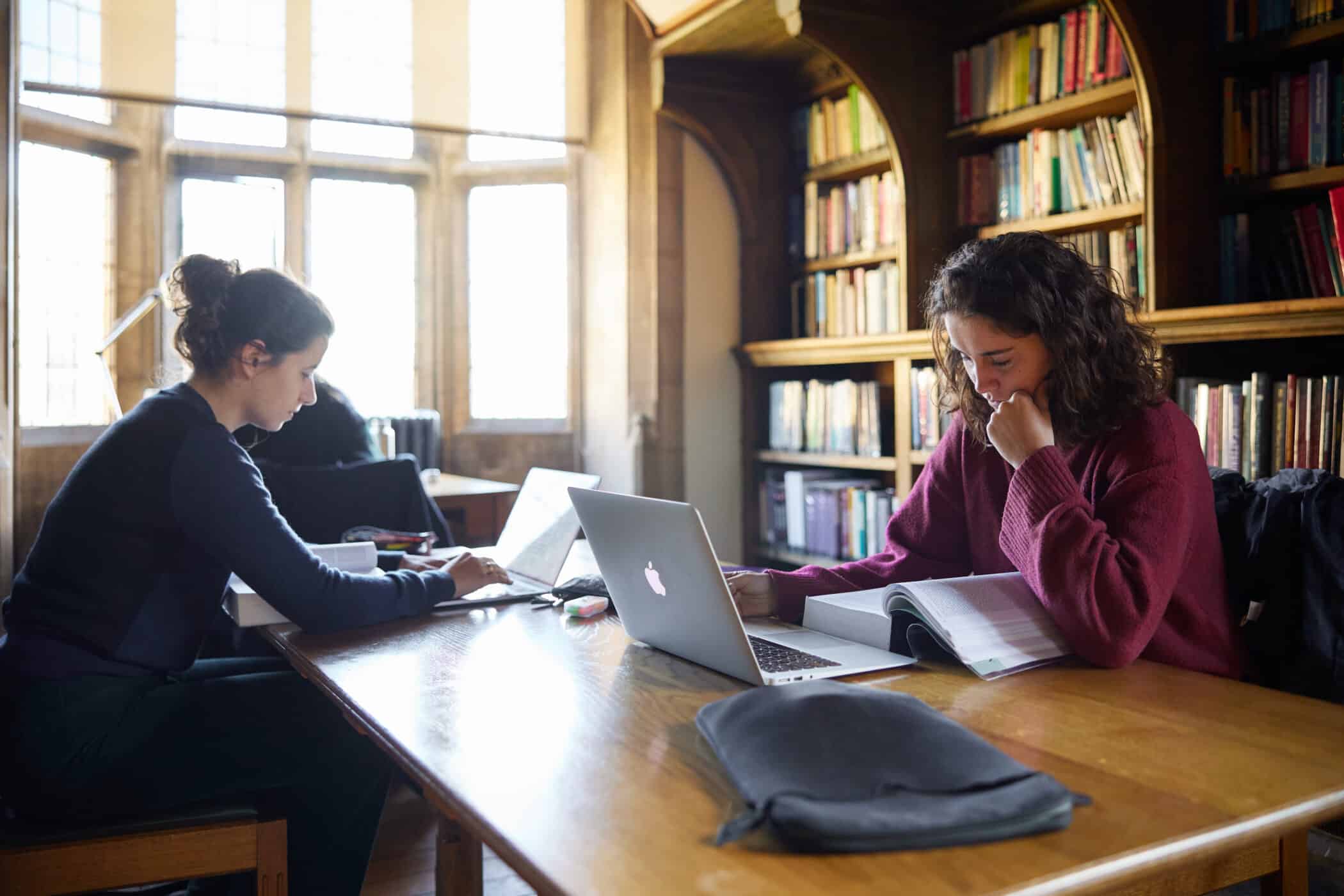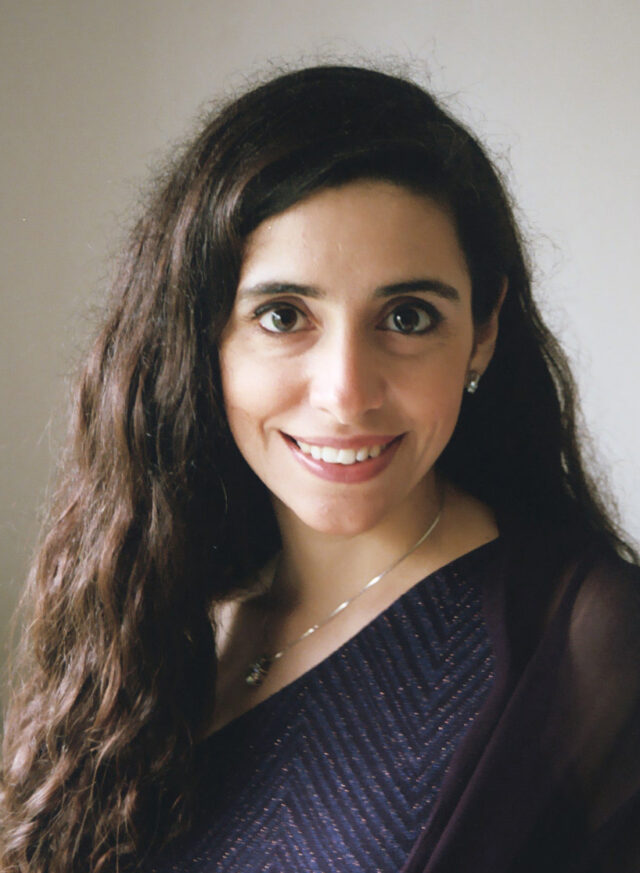
Professor Marina Galano

Tutorial Fellow in Materials Science
Professor Marina Galano
Professor Marina Galano

Tutorial Fellow in Materials Science
Research interests
- Manufacture and characterisation of nanostructured lightweight alloy for high industrial impact, in particular Al based alloys.
- Study of the microstructure and phase transformation processes of rapid solidified alloys, mechanical properties and their relationship with the microstructure.
- Development of light weight metal matrix and nanofibrilar composites mainly produced through a powder metallurgy route.
- Study of the microstructure and mechanical behaviour to enhance targeted properties such as stiffness, toughness and strength at elevated temperature.
- Scaling up of manufacturing techniques for metal matrix composites development.
Dr Galano’s group works closely with different research institutions in South America and EU and has strong industrial links. Materials developed in her group are within different stages of development. Some of them are currently under work for prototypes development to be used within the automotive industry.
Articles & book chapters
Prizes
- Hetherington Prize 2003
- Niobium Student Research Award 2004
- Young Scientist Award 2008, International Symposium Metastable Amorphous Nanostructured Materials
- Teaching Excellence Award 2008, Department of Materials, University of Oxford

